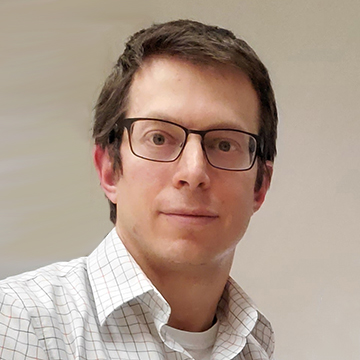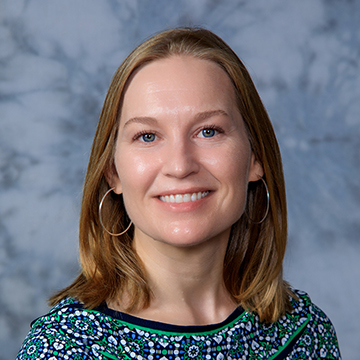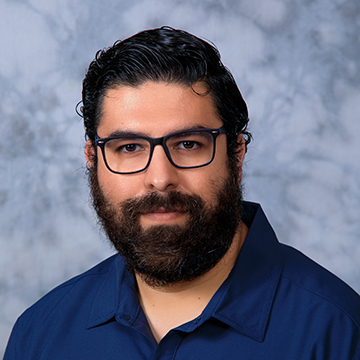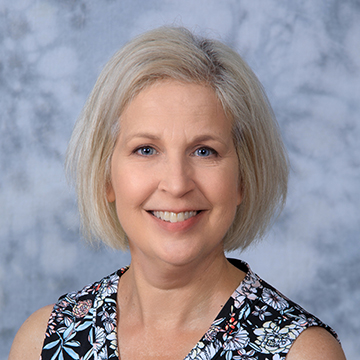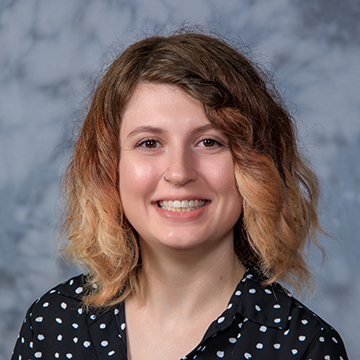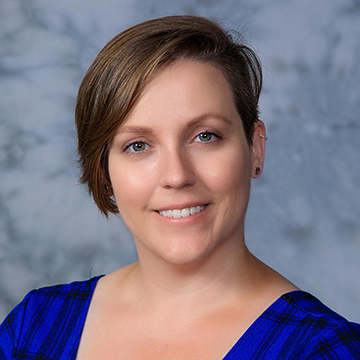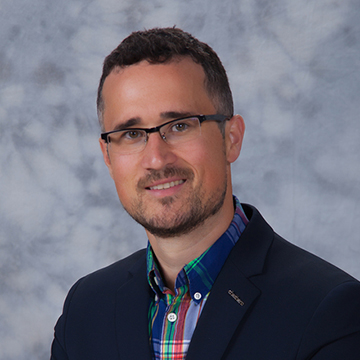
Neuroscience
Have questions? We make it easy to get in touch:
Call Us
800-837-1290
Text Us
412-419-3772 (standard text/SMS rates will apply)
Email Us
Request Information
Or, answer a few questions and we will be glad to help.
Neuroscience Overview
With our strong and collaborative interdisciplinary faculty, innovative learning environments, and research opportunities, neuroscience at Chatham is a fascinating and inspiring field of study, grounded by foundations in all branches of science, united by a sense of wonder and mystery.
—ETHAN BLOCK, Ph.D., Assistant Professor
Explore the Neuroscience Degree:
The neuroscience major will prepare students for careers and degree programs in neuroscience, neuropsychology, genetic counseling, experimental psychology, neuropharmacology, medicine, physician assistant, and pharmacy.
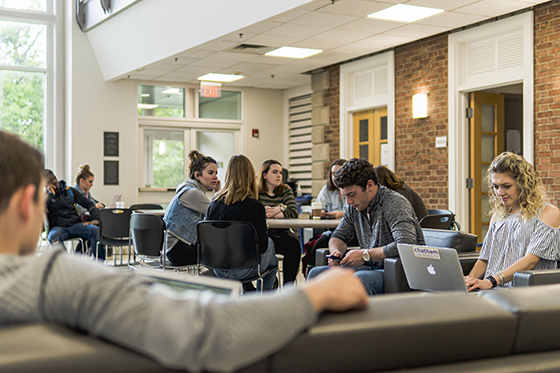
The Science Complex
The Science Complex is Chatham’s 10,000 square-foot laboratory building, which features laboratories, classrooms, and specialized research spaces. A range of equipment is available for student use during courses and faculty-led projects, including tissue culture facilities, fluorescence microscope, multi-modal plate-reader, nuclear magnetic resonance spectrometer, and computational modeling systems.
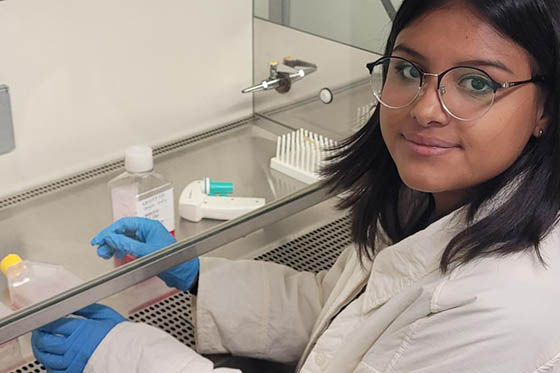
Funding Opportunities
In addition to giving students curricular laboratory experience and opportunities to perform faculty-guided independent research, Chatham offers funding to provide neuroscience students with money to travel to professional conferences and support their summer research.
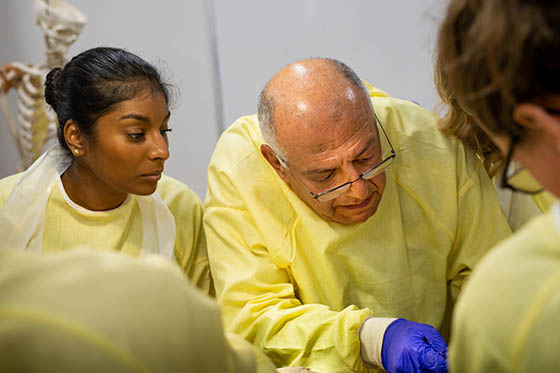
Human Cadaver Lab
Chatham has a state-of-the-art cadaver lab that provides hands-on-training, education, and preparation in the study of anatomy, disease sites, dissection, and surgical techniques. A number of cadaver lab visits are available for interested students.
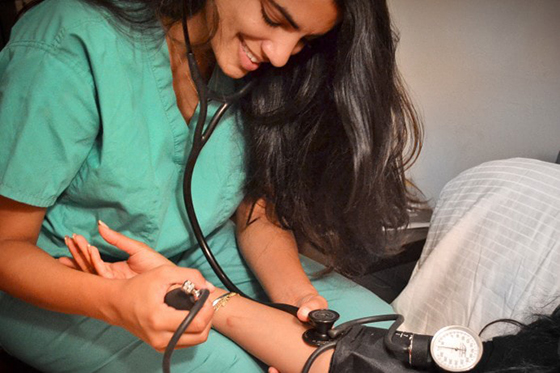
Pre-Med Advising Program
Chatham has a robust pre-med advising program to support and mentor students interested in applying to medical, dental, veterinary, pharmacy and optometry programs.
Pre-Med Advising Program : Checkerboard 4 - Pre-Med Advising Program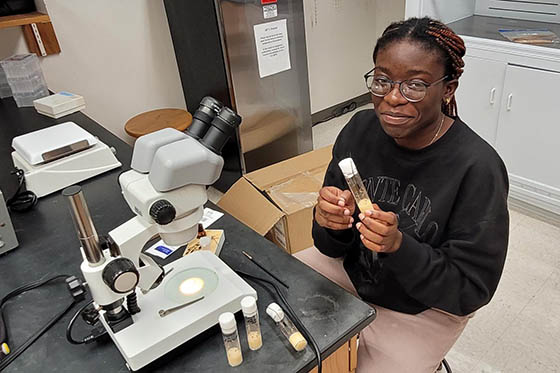
Research Opportunities
By engaging in guided research projects, students have opportunities to learn cutting edge theoretical and practical skills, while exploring interests in human physiology, evolution, microbiology, environmental chemistry, computational modeling, and more.
Explore Research Opportunities : Checkerboard 5 - Research OpportunitiesIntegrated Degree Program
Qualified students from the biology program can be admitted early to Chatham's Master of Arts in Biomedical Studies program, saving money and speeding time towards graduation with two degrees.

